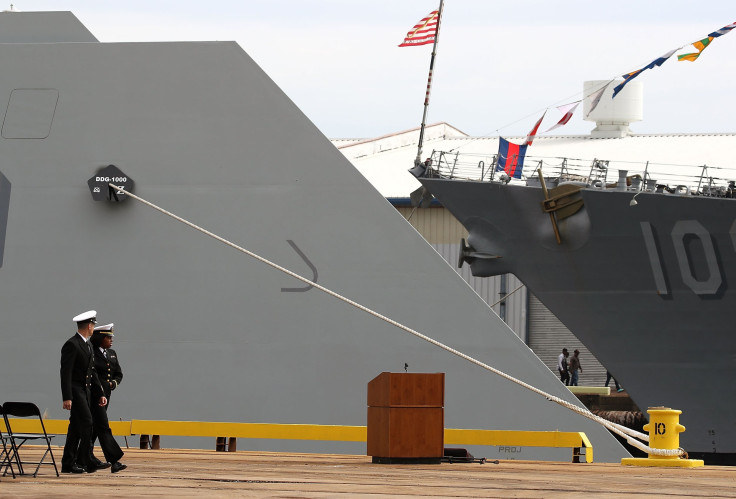Can The US Stop A Nuclear Attack From Russia? Amid Trump, Putin Talk, US Missile Defense System May Not Stop Threats

The United States and Russia could both be seeking to increase their nuclear capability, with President-elect Donald Trump and Russian President Vladimir Putin exchanging comments this week that may signal an end to decades of reducing the role of nuclear weapons. "Let it be an arms race," Trump said Friday in a statement to Mika Brzezinski, host of MSNBC morning show "Morning Joe." "We will outmatch them at every pass and outlast them all."
The comments followed Trump posting on Twitter about expanding the U.S. nuclear arsenal. Putin, meanwhile, said Friday, "it is not surprising that [Trump] talks about nuclear weapons, he talked about the necessity to strengthen the nuclear and defense sector in the U.S. during his campaign."
Putin also added that the Russian systems could penetrate U.S. missile defense systems. It's unclear how true that claim is.
In an opinion piece from Forbes, national security contributor Loren Thompson said the U.S. effectively has "no defense against a Russian nuclear attack." Thompson said the Russia would effectively be able to overwhelm any defense system in place. A 2015 piece from Real Clear Defense noted that the U.S.'s Ground-based Midcourse Defense (GMD) system, which is aimed at stopping nuclear attacks, has "demonstrated the capability to defend against limited threats."
The U.S. Missile Defense Agency and U.S. Navy recently successfully tested a system that uses SM-6 missiles to defend against an incoming medium-range ballistic missile. "The SM-6 missile and the Aegis Weapon System continue to prove that they are critical components of our nation's multilayered, robust ballistic missile defense system," MDA Director Vice Adm. Jim Syring said in a statement this month.
But the U.S. missile defense system could only possibly be effective against a small-scale attack from a country like North Korea or Iran. It may also be able to stop a small-scale attack from Russia. But a full-scale attack from the likes of Russia would almost certainly be effective in wiping out whatever they felt like, with the U.S.'s main defense being its own retaliatory nuclear arsenal, the Los Angeles Times reported. It's mutually assured destruction.
The L.A. Times report also noted that Congress recently called for research into a space-based defense system against nuclear attacks, which experts told the paper was an impossible idea that would be incredibly costly and supremely ineffective. Russia's Defense Ministry, meanwhile, has said it has successfully tested hypersonic, nuclear-capable ballistic missiles that could reach the U.S. in just 12 minutes, which would prove incredibly difficult to stop.
© Copyright IBTimes 2024. All rights reserved.





















